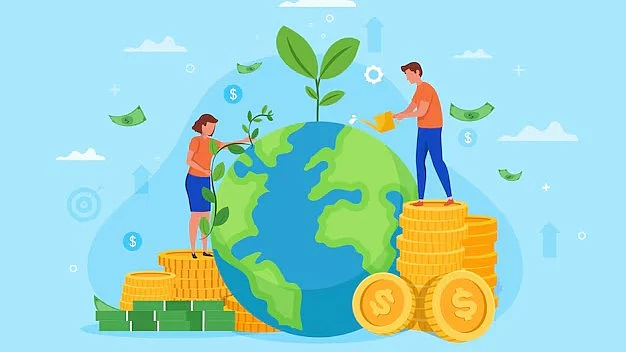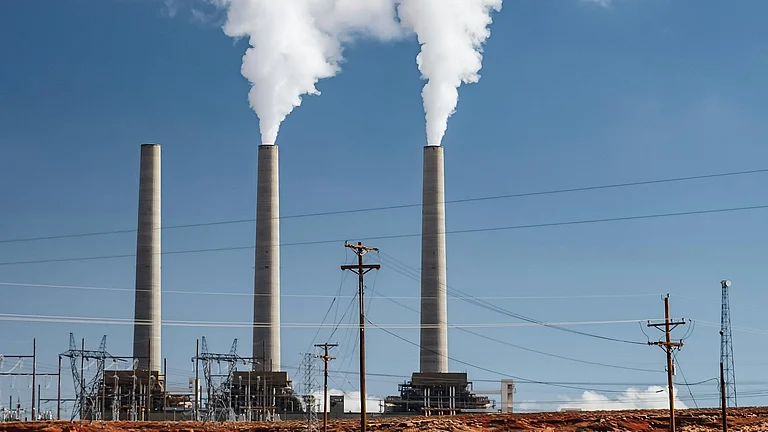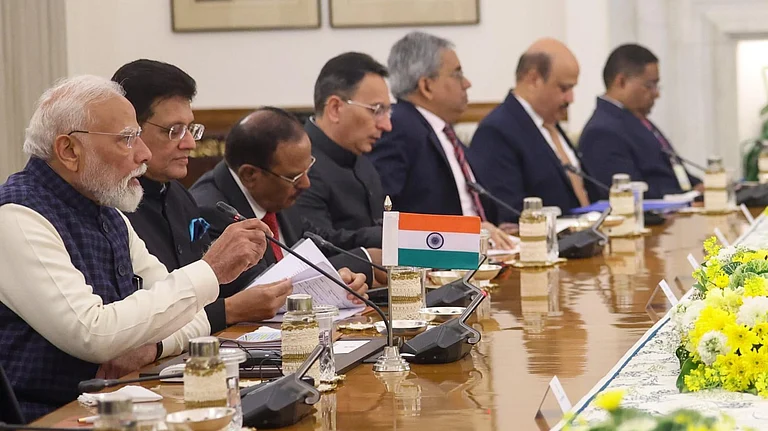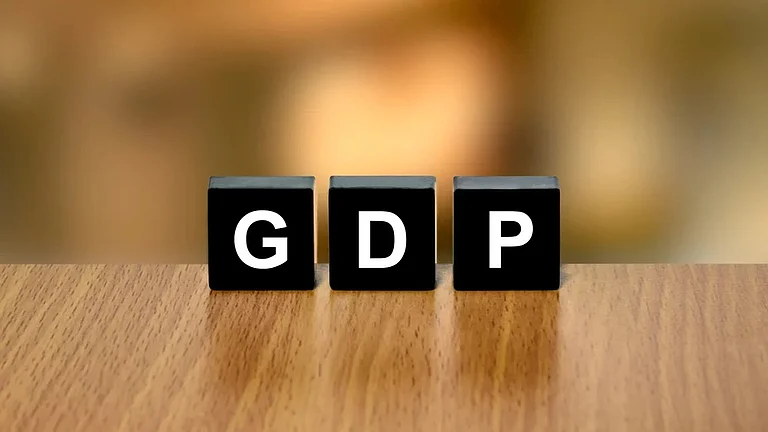Boosting climate action could increase global GDP by 0.2% by 2040 compared with current policies, revealed a study published by the Organisation for Economic Co-operation and Development (OECD) and United Nations Development Programme on March 25.
The analysis, as reported by Reuters, indicated that well-designed climate policies not only cut emissions but could enhance efficiency, productivity and innovation.
Accelerated Action Required
The findings come at a time when experts warn that climate change impacts are accelerating faster than anticipated. In an interview with PTI, Intergovernmental Panel on Climate Change (IPCC) Chair Jim Skea said that the world is in a worse situation than three years ago due to inaction on climate change.
"If you look back over the last, say, five years or so, I think scientists have been surprised by the speed at which temperatures have risen globally and by the very obvious nature of climate impacts we have already seen... wildfires in some parts of the world, floods and more extreme events," said Skea.
"So, things do appear to be happening, perhaps more quickly than people expected," he told PTI.
The year 2024 was the hottest year on record and the first with the global average temperature 1.5 degrees Celsius above pre-industrial levels, according to the Copernicus Climate Change Service. Meanwhile, the past decade (2015-2024) was the 10 warmest years on record, as reported by the World Meteorological Organisation.
Skea said that scientists are now focusing on attribution science to determine how much human activity has influenced specific climate events, with growing evidence that many would not have occurred without greenhouse gas emissions.
He said that the IPCC's target of a 43% emission reduction by 2030 from 2019 levels is now outdated due to inaction, meaning the actual reduction needed is even higher.
"The 43% figure is now about three years old and because we have not acted in the interim, it may have changed. If you were to recalculate it using new information but the same methods, the number would likely be different. So, we really are in a worse situation than we were three years ago when that number was produced," Skea stated.
(With inputs from PTI.)
































